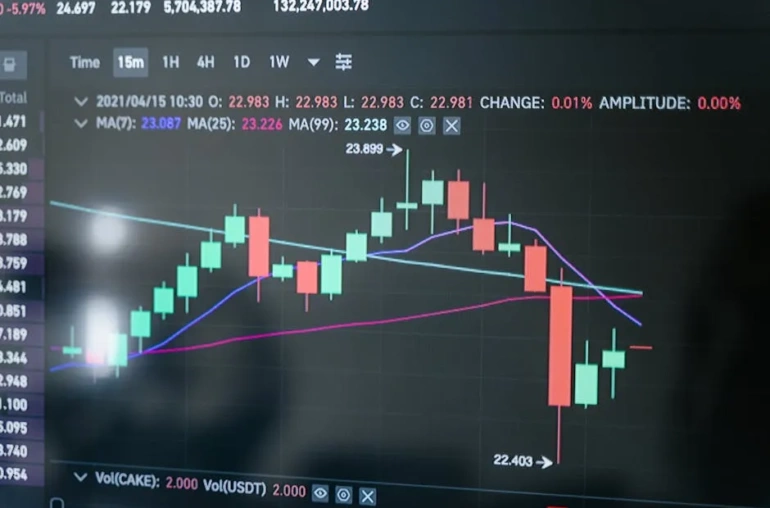
Understanding Insider Trading in Today’s Financial Landscape
In the world of finance, few issues spark as much debate as insider trading. Often viewed through a lens of skepticism, this practice raises questions about fairness, transparency, and integrity in financial markets. While the traditional finance sector has long been criticized for its opaque dealings, the rise of cryptocurrency has begun to shine a light on the underlying issues of market manipulation that have persisted for decades.
The Transparency of Cryptocurrency
One of the most significant advantages of cryptocurrencies is their inherent transparency. Blockchain technology allows for real-time tracking of transactions, making it increasingly difficult for individuals or institutions to engage in manipulative practices without detection. This transparency starkly contrasts with the traditional financial markets, where regulations are often outdated and loopholes abound, allowing for unpunished manipulation.
Century-Old Laws and Their Impact
The legal frameworks governing financial markets, particularly those surrounding insider trading, have not kept pace with the rapid evolution of technology and trading practices. Many of these laws are over a century old, riddled with loopholes that savvy traders can exploit. This lack of modern regulation creates an environment where manipulation can thrive, often without consequences.
The Role of the SEC
The Securities and Exchange Commission (SEC) is tasked with overseeing the enforcement of securities laws and protecting investors. However, critics argue that the SEC often operates like a “country club”—focusing more on maintaining the status quo than actually addressing the pressing issues of insider trading and market manipulation. This perspective suggests that the SEC is more interested in finding a scapegoat for its failures rather than pursuing genuine reform.
Seeking Accountability
As the cryptocurrency market continues to evolve, the need for accountability in both traditional and digital finance becomes increasingly critical. The SEC’s approach to regulation must adapt to the new realities of financial trading, ensuring that all market participants are held to the same standards. Without this shift, the potential for manipulation will remain, undermining investor confidence and the integrity of the markets.
Conclusion
The discussion surrounding insider trading and market manipulation is more relevant now than ever. With the transparency offered by cryptocurrencies, there is an opportunity to push for significant changes in how we regulate financial markets. It is time for the SEC and other regulatory bodies to step up and take meaningful action, closing loopholes and establishing a fair playing field for all investors. Only then can we hope to eradicate the shadows of manipulation that have long haunted the finance industry.



